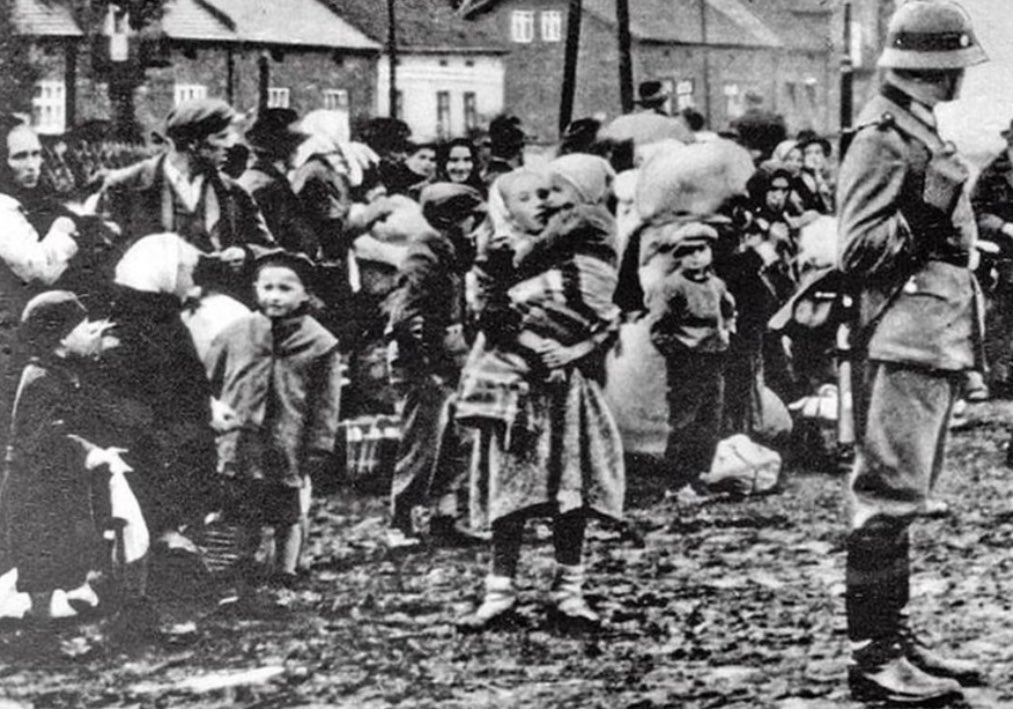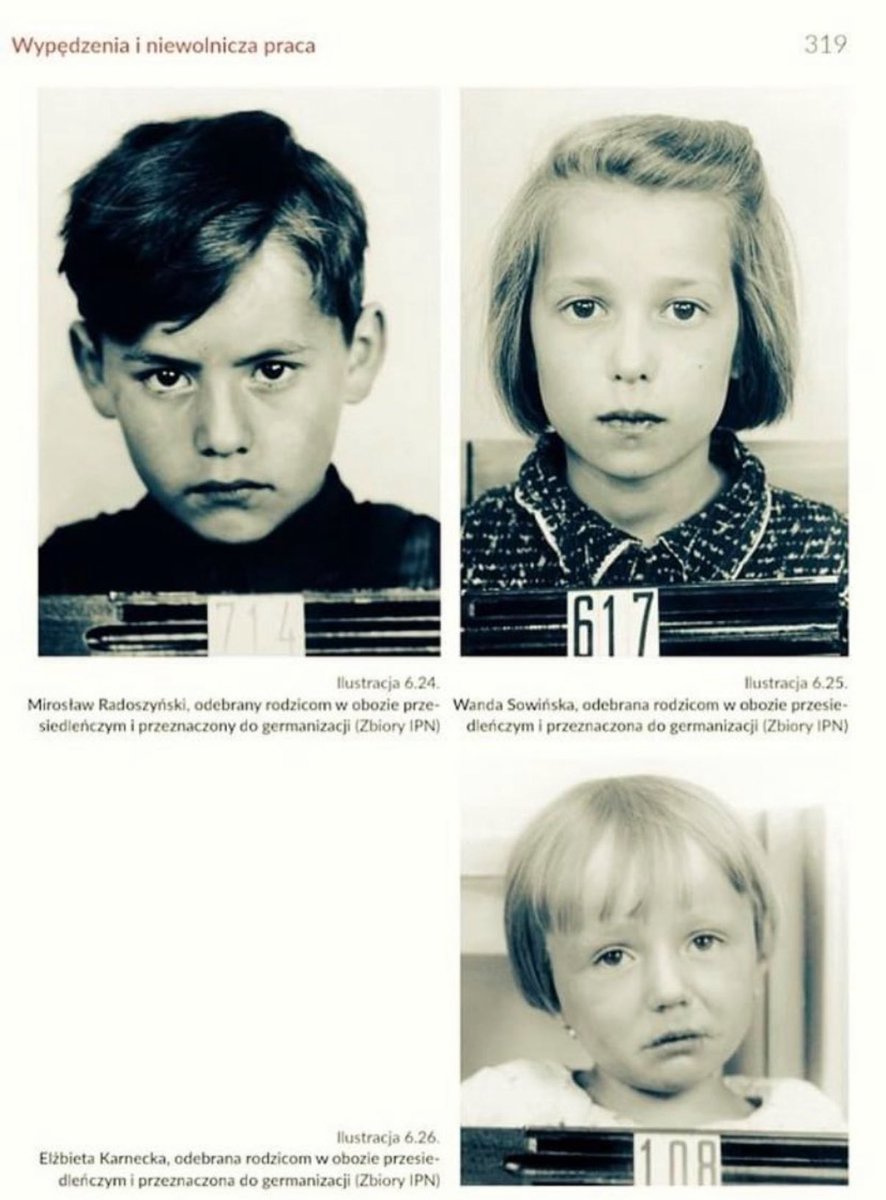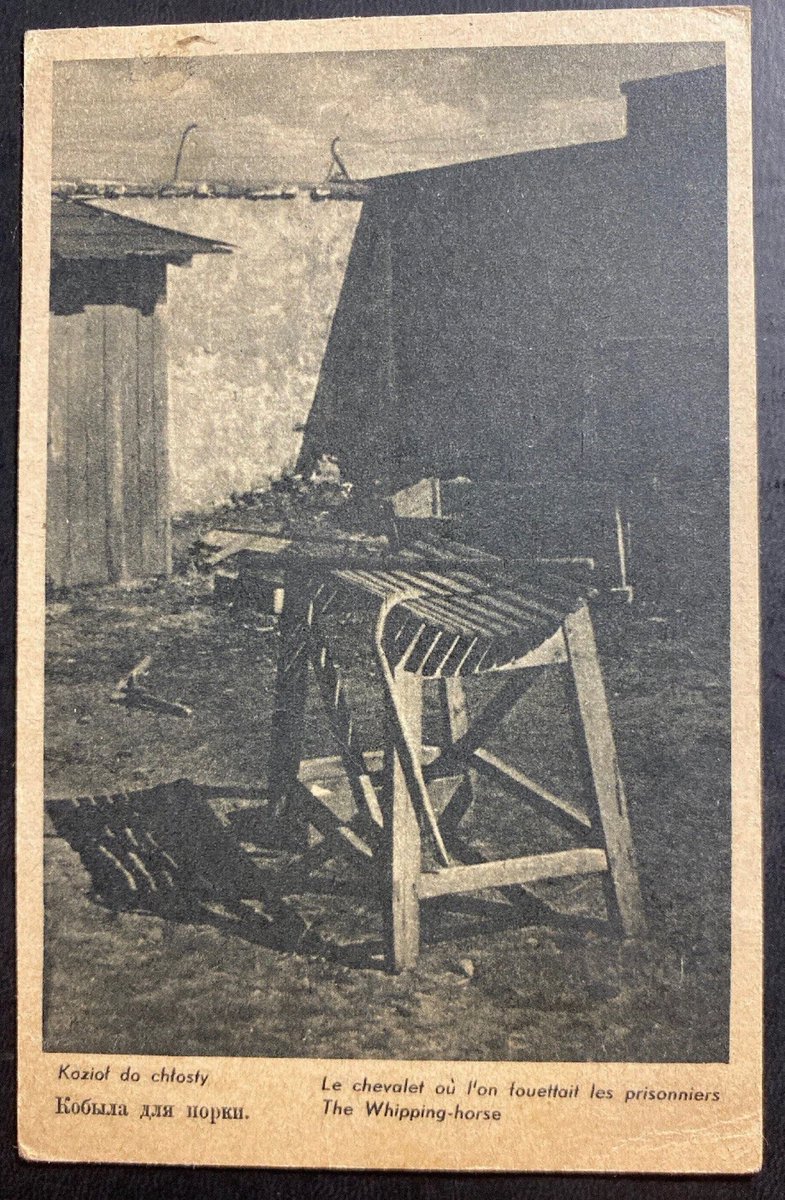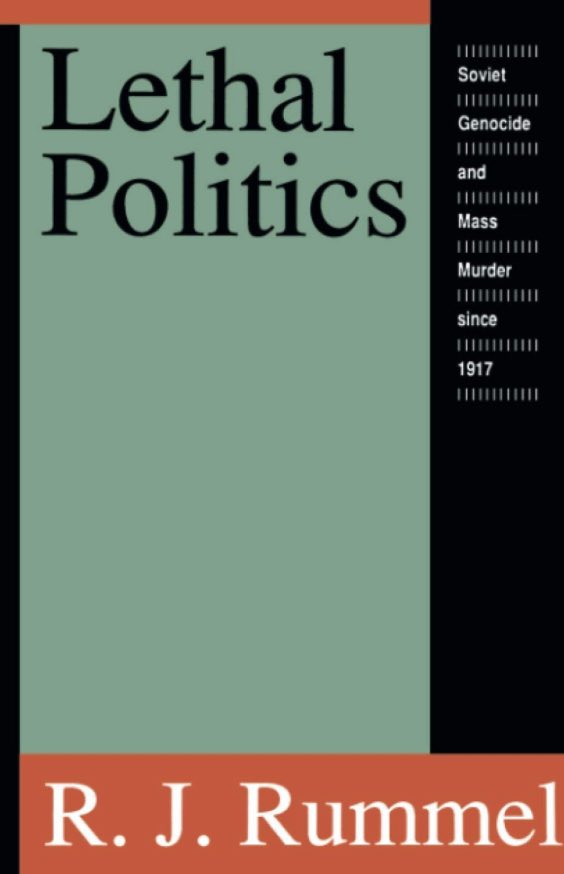
Edward Reid
@reidedwardii
History remembers the victors - truth remembers the fallen Polish Historian | Philosopher | Independent | Memento Mori l Founder - Polishtruth.com
ID: 1396562025594163201
https://www.patreon.com/polishtruth 23-05-2021 20:22:00
11,11K Tweet
28,28K Followers
754 Following



















